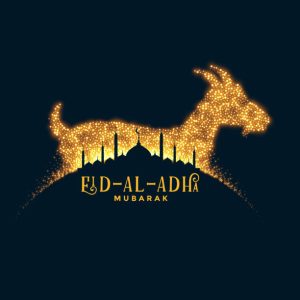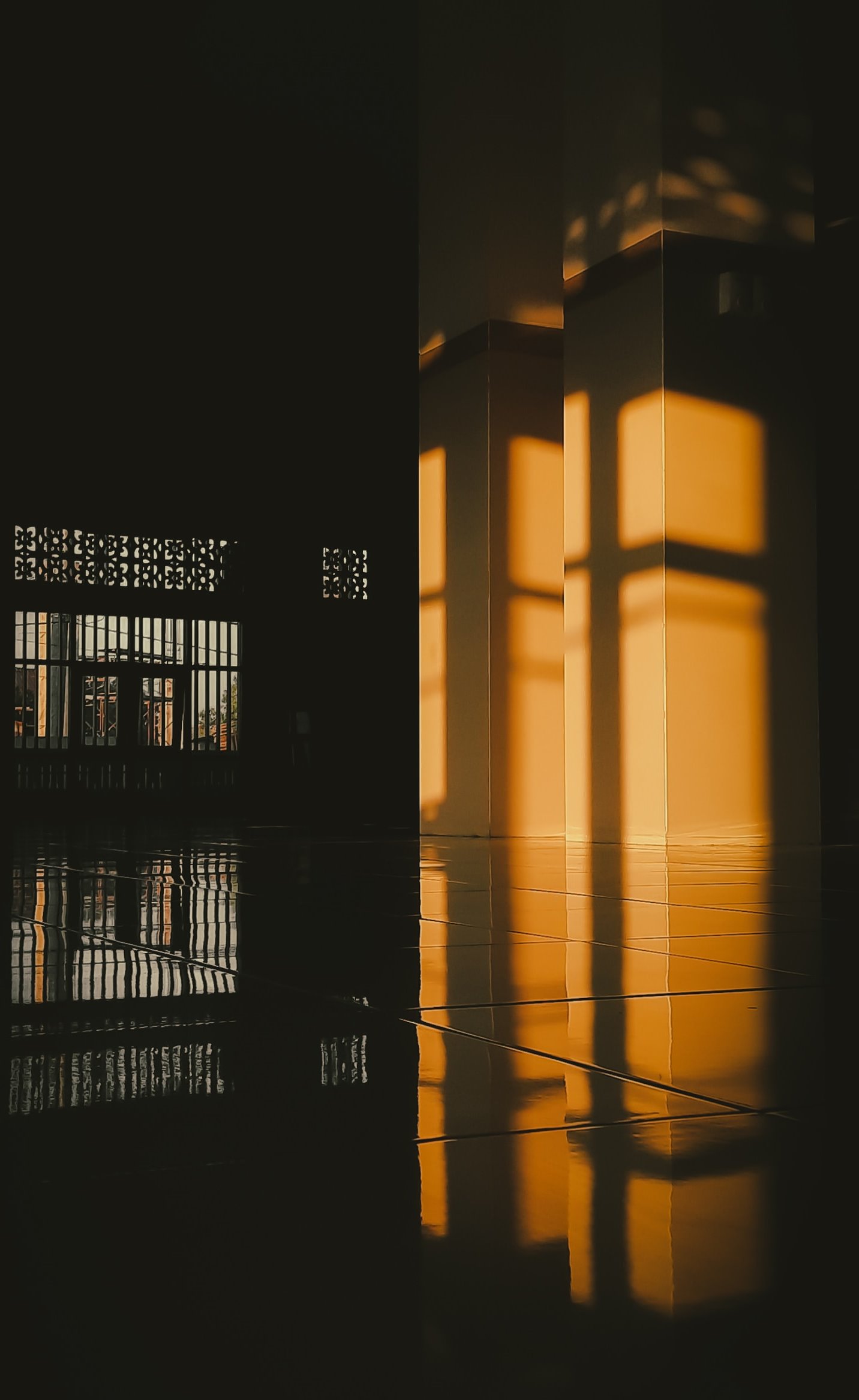- Commemoration of Ibrahim (A.S’s) Sacrifice:
Eid-ul-Adha commemorates the willingness of Prophet Ibrahim (Abraham in Judeo-Christian tradition) to sacrifice his son Isma’il (Ishmael) as an act of obedience to Allah’s command. According to Islamic tradition, just as Ibrahim was about to sacrifice his son, Allah provided a ram as a substitute, emphasizing the importance of obedience and submission to the Divine Will.
- Submission and Obedience to God:
The story of Ibrahim and Isma’il illustrates the fundamental Islamic principles of submission (Islam) and obedience to Allah. Eid-ul-Adha serves as a reminder for Muslims to emulate Ibrahim’s unwavering faith and willingness to submit to Allah’s commands, even in the face of great sacrifice.
- Celebration of Faith and Gratitude:

Eid-ul-Adha is a celebration of faith, gratitude, and thanksgiving for the countless blessings bestowed upon Muslims. It is an occasion for families and communities to come together, share meals, exchange gifts, and express gratitude for Allah’s mercy and provision.
- Sacrifice and Charity:
One of the central rituals of Eid-ul-Adha involves the sacrifice of an animal (usually a sheep, goat, cow, or camel) in commemoration of Ibrahim’s willingness to sacrifice his son. The meat from the sacrificed animal is divided into three parts: one-third is given to the needy, one-third is shared with relatives and friends, and one-third is retained for the family. This act underscores the importance of charity, generosity, and sharing with those less fortunate.
- Unity and Brotherhood:
Eid-ul-Adha promotes unity and brotherhood among Muslims, as people from diverse backgrounds come together to celebrate the occasion. It transcends cultural, ethnic, and social barriers, fostering a sense of community and solidarity among believers.
- Reflection and Renewal:

Eid-ul-Adha is also a time for introspection, spiritual renewal, and self-discipline. Muslims reflect on their faith, seek forgiveness for past shortcomings, and renew their commitment to living a righteous and virtuous life.
In essence, Eid-ul-Adha encapsulates the core values of Islam, including faith, obedience, gratitude, charity, unity, and spiritual reflection. It serves as a reminder of the importance of submission to Allah and the rewards of steadfast faith and devotion.


